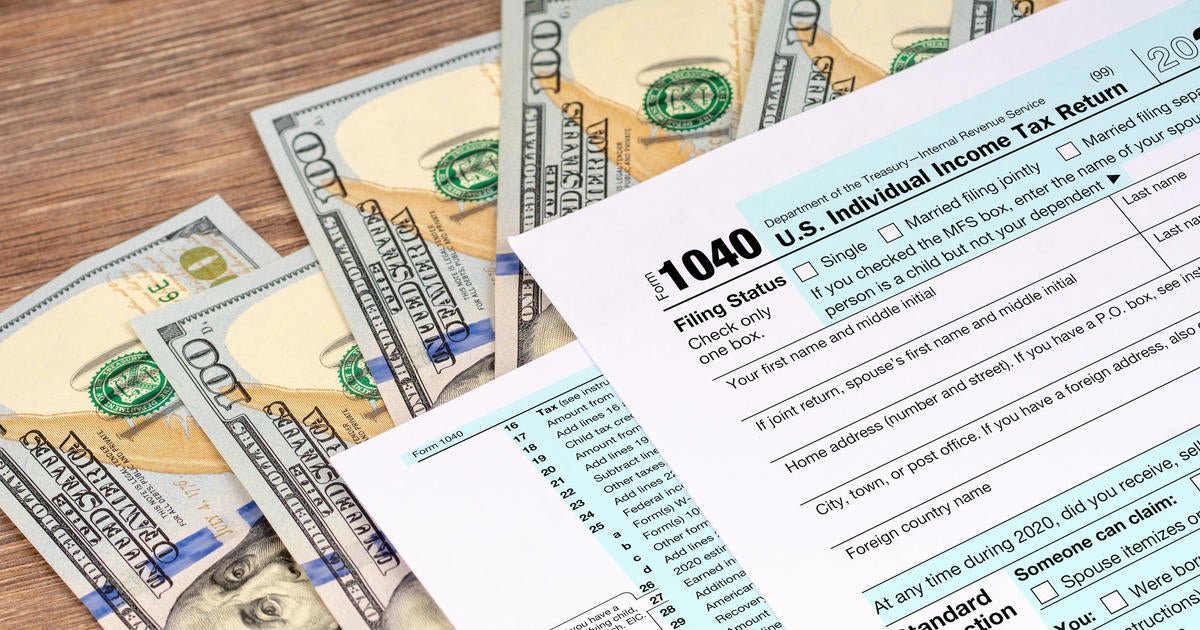Getty Images/iStockphoto
When tax debt starts piling up, it can cause significant issues with your finances, especially as the penalties and fees start to accrue. Despite the high cost of delinquent tax debt, millions of Americans owe back taxes to the Internal Revenue Service (IRS), often due to circumstances beyond their control. All it takes is a job loss, a medical emergency or a simple tax filing mistake to fall behind.
While the penalties for owing the IRS can be hefty, you may still have options if you’re facing this issue. Enter the IRS Fresh Start program, which was launched in 2011 and has expanded several times since then. This program can be beneficial to taxpayers who owe money to the IRS, as it offers several alternative paths to resolving your tax debt, making it easier to settle outstanding tax obligations without facing financial ruin.
The IRS Fresh Start program isn’t a magic solution that erases all tax problems, however. While it has helped many taxpayers get back on track with their tax obligations, the program comes with its own set of challenges and limitations. Understanding both sides is crucial for anyone considering this path.
Need help? Chat with a tax debt expert about your options today.
IRS Fresh Start program pros to know
The IRS Fresh Start program offers a number of unique benefits to taxpayers, including:
Flexible payment arrangements
One of the IRS Fresh Start program’s most significant benefits is the flexible payment options it offers. Rather than demanding immediate full payment, Fresh Start allows taxpayers to spread their debt over several years (with extended installment agreements available for up to six years). For those owing up to $50,000, setting up these agreements is remarkably streamlined under this program, generally requiring minimal documentation, with online application options available to taxpayers.
Find out how a tax relief service could help you settle your IRS tax debt.
Potential for penalty relief
Another major advantage is the potential for penalty relief. Through Fresh Start, first-time penalties for failing to file or pay taxes on time may be abated, significantly reducing your overall tax debt burden. This aspect of the program recognizes that many taxpayers fall behind due to temporary hardships rather than willful negligence. Taxpayers who enter into a direct debit installment agreement may also qualify to have existing tax liens withdrawn, reducing the impact these types of penalties can have on their financial future.
Possibility of settling your debt for less
The IRS’ Offer in Compromise (OIC) provisions have also become more accessible under the Fresh Start program. This program has expanded the calculation criteria for determining eligibility, making it possible for more taxpayers to settle their debt for less than the full amount owed. The IRS now also considers your current income and assets rather than future income potential, providing a more realistic assessment of your ability to pay.
IRS Fresh Start program cons to know
In addition to its benefits, the Fresh Start program has several limitations, including:
Strict eligibility criteria
Perhaps the most frustrating is the stringent qualification criteria. Not everyone with tax debt qualifies for the program’s benefits, and the application process can be complex and time-consuming. The IRS requires detailed financial documentation, and any mistakes in the application can result in rejection.
Interest charges on installment plans
The program’s installment agreements, while helpful, can stretch over several years and include interest charges that continue to accrue on the unpaid balance. This means taxpayers often end up paying significantly more than their original tax debt. Staying in compliance with current tax obligations while paying off past debt can also prove challenging.
Low OIC acceptance rate
The acceptance rate remains relatively low for those seeking an Offer in Compromise, even under Fresh Start’s expanded criteria. The application process also requires extensive documentation and a non-refundable application fee. As a result, it’s not uncommon for taxpayers to spend considerable time and money preparing OIC applications only to have them rejected.
The bottom line
The IRS Fresh Start program represents a valuable opportunity for taxpayers struggling with tax debt to regain their financial footing. Its expanded payment options, penalty relief provisions and more accessible Offer in Compromise criteria have made tax debt resolution more achievable for many Americans. However, potential participants should also carefully weigh the program’s limitations and requirements before applying. The complex qualification criteria, ongoing interest charges and strict compliance requirements demand serious consideration. So, before applying, make sure to do your research to ensure it’s the right solution for your specific tax situation — and that you’re fully prepared for the commitments it entails.




